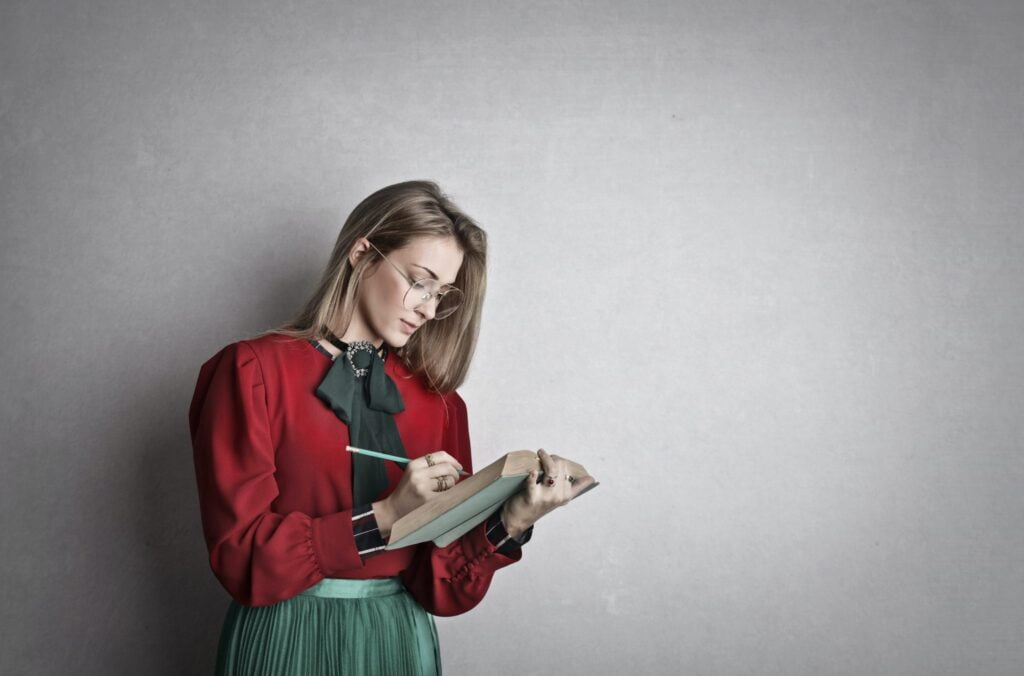IELTS: From Past to Present to Future

Do you plan on taking the IELTS test in the near future? Whether you’re a first-time test taker or you’ve been through the process before, it’s always helpful to get a refresher on what to expect. In this post, we’ll take a look at the past, present, and future of the IELTS test. We’ll also provide some tips on how to prepare for the exam and what to do on the day of your test.
A Brief History of the IELTS
So, you’re thinking about taking the IELTS? It’s a great choice, and here’s a little bit of information to help you make your decision.
The IELTS has a long and storied history, dating back to the late 1940s. Originally, it was conceived as an English language proficiency test for military personnel. But it soon became clear that the test had wider applications, and it was opened up to civilians.
Since then, the IELTS has become the world’s most popular English language proficiency test, with more than 2 million people taking it every year. It’s used by educational institutions and employers all over the world as a measure of English language competency.
Why the IELTS Is Important?
Millions of people around the world take the IELTS test each year because it’s the most trusted English-language assessment system in the world.
The IELTS measures your ability to communicate in English in a real-world setting, and it’s accepted by over 9,000 institutions in more than 140 countries. So if you’re planning to study, work or live abroad, then you need to take the IELTS test.
But that’s not all. The IELTS is also recognized by many employers as a benchmark of English language proficiency. In fact, a lot of jobs now require employees to have a minimum IELTS score.
So why not sign up for a test today? You’ll be glad you did!
How the IELTS Is Changing
The IELTS is changing, and we want to make sure that you’re prepared for what’s to come. The new test format will be launched in 2020, and it will be based on a computer-delivered format. This means that you’ll be taking the test on a computer, and you’ll have the opportunity to respond to questions and tasks in real time.
The new test will also be more interactive, and it will focus on the four key skills: listening, reading, writing, and speaking. So what does this mean for you? It means that you need to start preparing now!
Make sure that you’re familiar with the test format and the type of questions that are likely to come up. And most importantly, practice, practice, practice! The more you prepare for the IELTS, the better your score will be.
What the Future of the IELTS Holds?
So what does the future hold for IELTS? Well, we can’t give away all our secrets, but we can tell you that we’re constantly working to make the test even more effective and reliable. We’re also exploring new ways to make the test more accessible for everyone, no matter where they are in the world.
In addition, we’re always looking for ways to improve the customer experience. This means making the registration process easier, providing more timely results, and offering more support and resources to help candidates prepare for the test.
We want IELTS to be the best English language assessment tool out there, and we’re committed to making it available to as many people as possible
Tips for Taking the IELTS
When it comes to taking the IELTS, preparation is key. Here are a few tips to help you get ready
for the big day:
- Familiarize yourself with the test format. The IELTS is a timed test, so you’ll want to be familiar with the types of questions you’ll be asked.
- Practice, practice, practice. The more you practice, the better you’ll do on test day.
- Get plenty of rest the night before. You’ll want to be at your best when taking the test.
- Arrive early and relax before the test begins. This will help you calm your nerves and do your best on the exam.
- Stay focused throughout the test and answer every question. If you have time at the end, go back and check your answers.
Resources for IELTS Preparation
When it comes to preparing for IELTS, you have a lot of resources at your disposal. There are books, online courses, and private tutors who can help you get ready for the test. But one of the best resources is the IELTS website itself. On the website, you’ll find a lot of information about the test, including test dates, registration deadlines, and what you need to bring with you on test day. You’ll also find a lot of practice materials, including sample test questions and a practice test. And if you’re ever stuck on something, don’t hesitate to ask one of the moderators on the forum.
They’re more than happy to help out!
Conclusion
The IELTS exam has come a long way since it was first created in the late ‘80s. In the past, it was focused mainly on English language proficiency. However, in recent years, the exam has evolved to include a variety of assessment areas such as social and civic engagement, global awareness and communication skills.
The future of IELTS looks bright! With its ever-growing popularity, the exam is sure to continue providing a reliable and valid assessment of English language skills for people all over the world.






